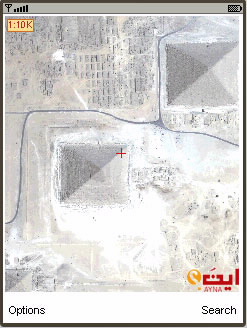![]() Just a few hours earlier, it was announced that a definitive agreement was signed for mobile advertising network AdMob to be acquired by Google for $750 Million in stock.
Just a few hours earlier, it was announced that a definitive agreement was signed for mobile advertising network AdMob to be acquired by Google for $750 Million in stock.
AdMob was founded in January 2006 by Lebanese entrepreneur Omar Hamoui, as a mobile advertising marketplace, offering solutions for discovery, branding and monetization on the mobile web. It was able to attract investments from Sequoia Capital, Accel Partners, DFJ Growth Fund and Northgate Capital.
The company grew to take a lead in display advertising on smartphone platforms, such as Apple’s iPhone OS and Google’s Android, working with thousands of advertisers to serve mobile ads on their publisher network of over 15,000 websites and mobile applications. AdMob received 10.2 billion total ad requests in September of this year, and has served more than 125 billion mobile ads since its inception.
With this deal Google aims to strengthen their push into mobile advertising, complementing the solutions they already have, and roll out more effective tools for creating, serving and analyzing emerging mobile ad formats.
The deal should also bring mobile advertising to the forefront and get more people interested in the space.
Google has created a specific site to talk about the AdMob deal and its benefits here: Google’s acquisition of AdMob.
This deal marks Google’s second acquisition of a company founded by an Arab entrepreneur, the first being their September 2007 acquisition of mobile social network Zingku, that was founded by Jordanian entrepreneur Sami Shalabi in May 2006.




